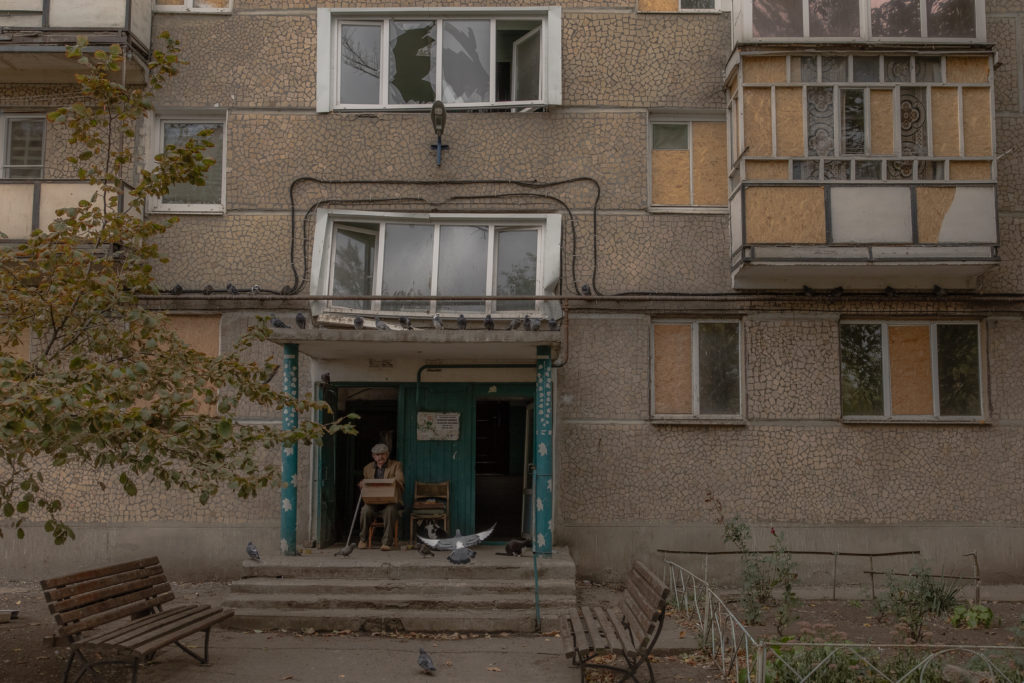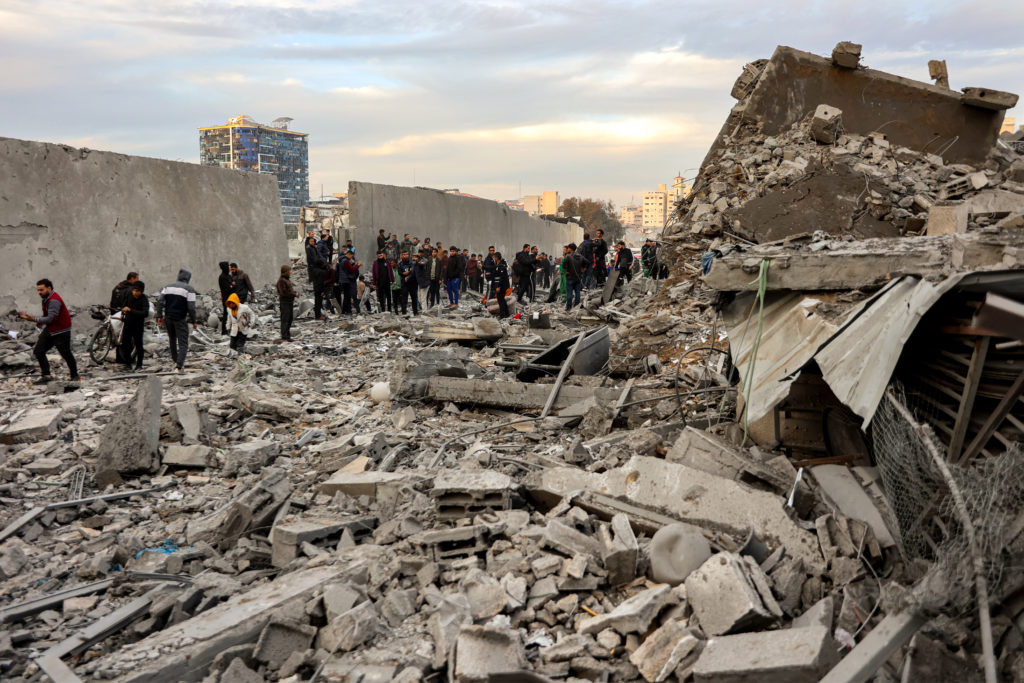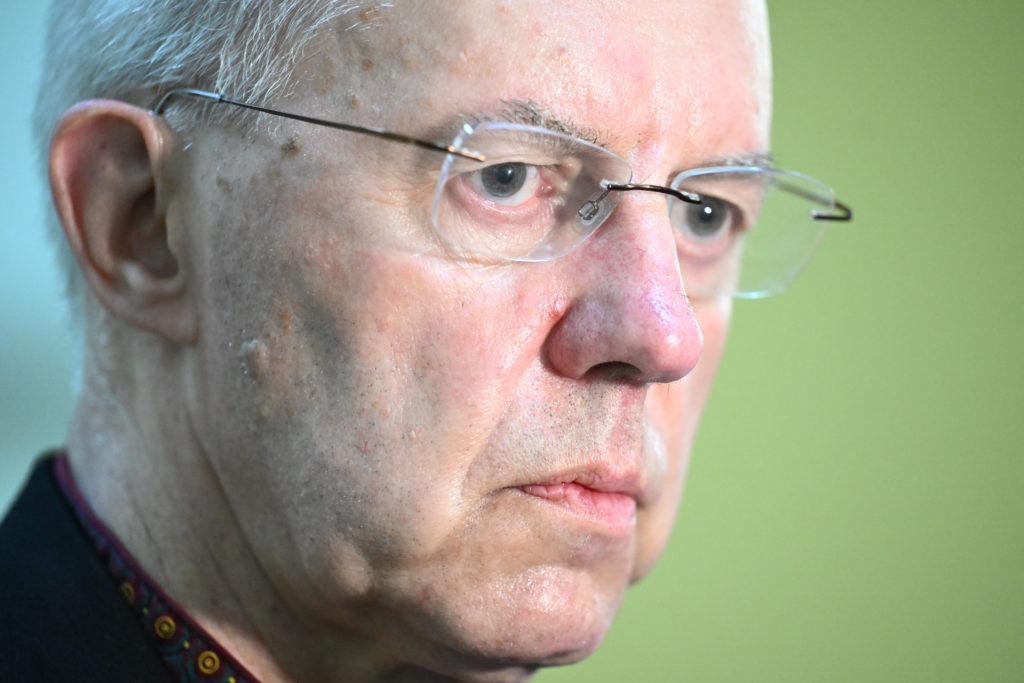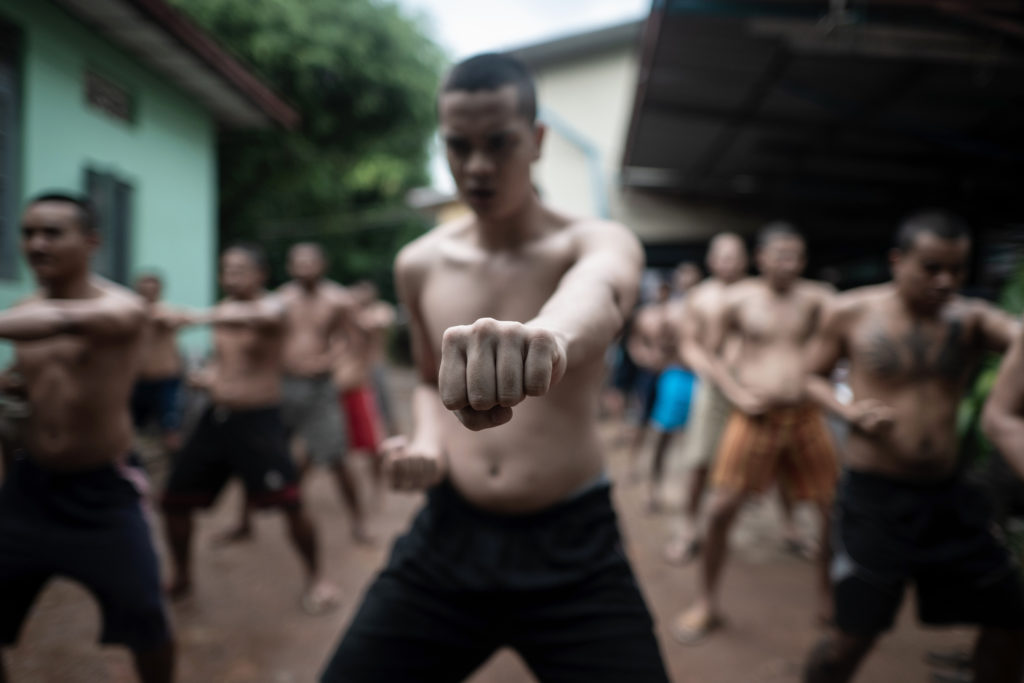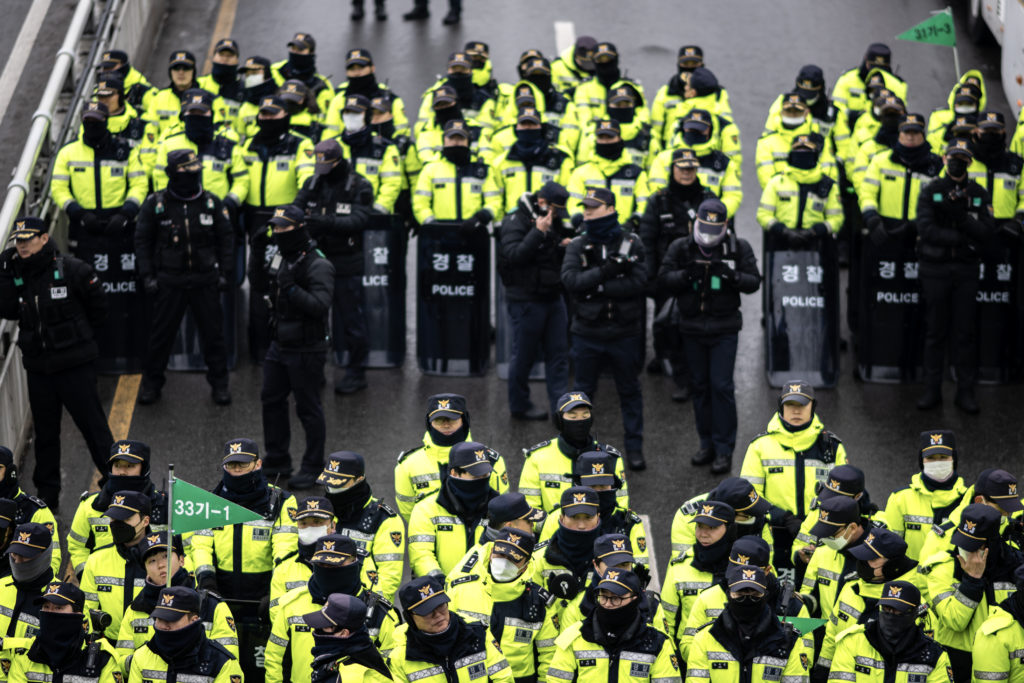Voters in Chile’s runoff presidential election Sunday can be roughly divided into four camps: pro-change, anti-“communist”, undecided, and apathetic.
Concerns range from rising crime and protecting meager pension savings, to job creation, expanding social welfare, and guarding civil liberties.
With two candidates on opposite sides of the political spectrum, analysts say many voters in a country that tends to balk at radical or sudden change, will vote out of fear of the other, or not at all.
AFP found a snapshot on the streets of Santiago.
– Not another Pinochet –
For Camila Chamblas, a 26-year-old teacher, voting is crucial to ensure there is never a return to anything resembling the brutal dictatorship of Augusto Pinochet that marred Chile’s recent past, and still informs its present.
For her, and many on the left in Chile, 55-year-old far-right candidate Jose Antonio Kast, an avowed admirer of Pinochet and the neoliberal economic system he left behind, is a threat.
She will vote for leftwing lawmaker Gabriel Boric.
“I wasn’t born yet, but I’ve talked a lot with my parents and my parents did suffer a lot in those times” of Pinochet, Chamblas told AFP.
“There are so many young people who don’t get too involved in politics… But the things he (Kast) says are like a continuation of him (Pinochet).
“This is more reason to vote, knowing what happened to their parents, and to ensure that no-one similar, or who thinks similarly, wins. It is dangerous.”
At least 3,200 perceived opponents were killed or disappeared, and some 38,000 were tortured under Pinochet’s regime.
Voter apathy is high among Chileans in general, and young people in particular.
-‘Against communism’ –
Kast voter Ricardo Sepulveda, a 75-year-old retiree, said he will be making his mark against “communism.”
Boric is the candidate of the leftist Approve Dignity alliance, which includes the Communist Party and wants to increase taxes and social spending — while Kast wants to cut it.
The association instills fear in many voters in a country with a deep-seated fear of socialist policies they blame for the demise of Venezuela, many of whose nationals it hosts as migrants.
And many have memories of economic hardship — partly due to a US economic blockade — under Salvador Allende, the first-ever Marxist democratically elected in Latin America only to be overthrown by Pinochet in a coup d’etat.
“Communism is not good for poor people nor for the rich… I don’t think for anyone,” said Sepulveda.
“It touches everything we have as middle-class people.”
Sepulveda said under Allende, his income dwindled and insecurity rose, but the military came and “installed order.”
“I am a normal, working-class man… I like peace, tranquility, and the possibility of advancing slowly, because that is how it should be.”
While Kast may not be his first choice, added Sepulveda, “whether it is ultra-right or right, for me it is (about) going against communism.”
– ‘Lesser evil’ –
Javiera Munoz, 33, pregnant and unemployed, said she will vote, as it is a civic duty. The question is for whom.
“I don’t know whether I will vote for the lesser evil, or whether I will spoil my vote.”
She is not convinced by the platform of either candidate — both of whom have softened their positions in a bid to attract centrist voters — saying they were just saying what they needed to “for the votes.”
Munoz supports the right to elective abortion, which Kast opposes.
“But there are a lot of things that are more important; education, equality, that I need to feel safe… walking on the street. There is no balance in any area. It is all corrupted,” she said.
– Alienated –
Javiera Cortes, 19, sells food from a small cart on a main street in the capital.
She is among about 50 percent of voters likely to abstain.
“They (politicians) promise things and in the end, their actions do not match their words. So, in the end, the country continues as before.
“The idea is that the country continues to improve so that people feel safe, and there is more work, better health, better education,” she said, but “No,” no candidate has the answers.
“There is one better than the other,” added Cortes.
“One has better proposals than the other, when it comes to women, Boric is better. Kast doesn’t like us, women.”
“If I were to vote, I would vote Boric. For the issues of women. But no, I am not voting.”


